Nov 23, (V7N) - The UN climate talks in Baku, Azerbaijan, have reached an impasse as negotiations over climate financing continue, with wealthy nations offering $250 billion per year by 2035 for poorer countries to combat climate change. However, this proposal has been rejected by developing nations, which argue the amount is insufficient to address the mounting costs of transitioning to clean energy and adapting to climate disasters. Countries like the Marshall Islands, which face existential threats from rising seas, and African nations, have called for at least $500 billion in support, with some saying the proposed figure would fall short due to inflation.
The rich nations' offer has been widely criticized as inadequate, with activists and negotiators from the Global South warning that the proposed funds would not meet the scale of the climate crisis. There's also a push for new financial mechanisms, including debt restructuring, to help meet the targets. Developing nations are also calling for emerging economies like China to contribute more to the fund, though China has insisted on providing climate assistance on its own terms.
The discussions also involve contentious debates over fossil fuels, with countries like Saudi Arabia resisting any commitment to reduce reliance on coal, oil, and gas. Tensions over leadership and strategy have also arisen, with Azerbaijan facing criticism for its ability to manage such complex talks. Amid these struggles, the broader global context looms large: the world is experiencing its hottest year on record, with devastating climate disasters such as deadly storms, droughts, and floods occurring across the globe.
The ongoing deadlock in Baku highlights the deep divides between wealthy nations and developing countries, which are fighting to secure the financing necessary to protect their populations from the worsening effects of climate change.
END/WD/RH/



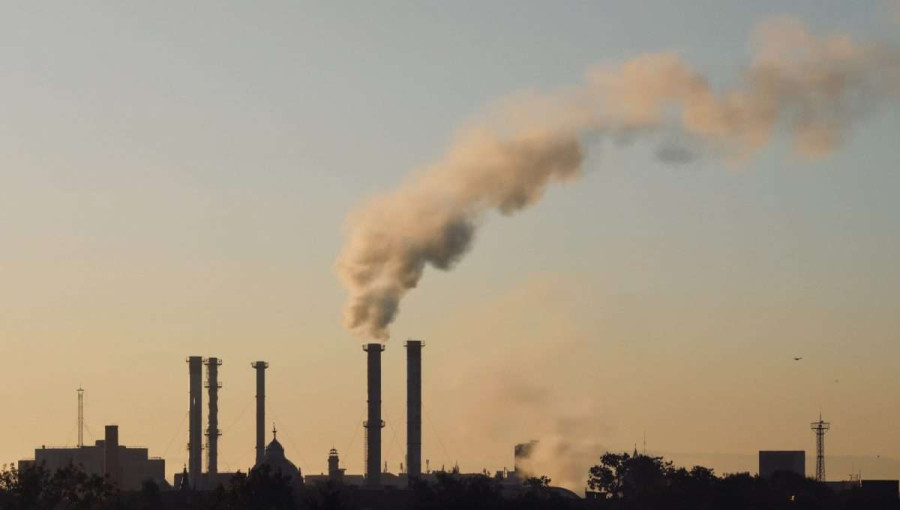


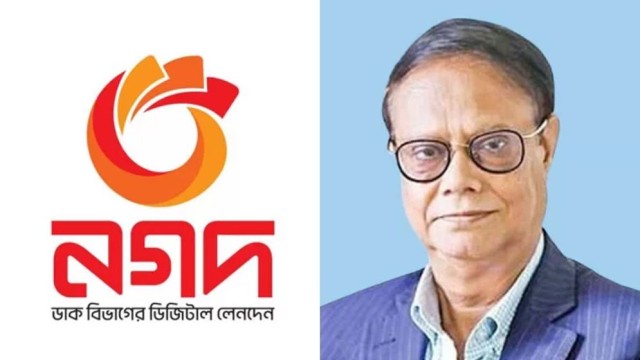
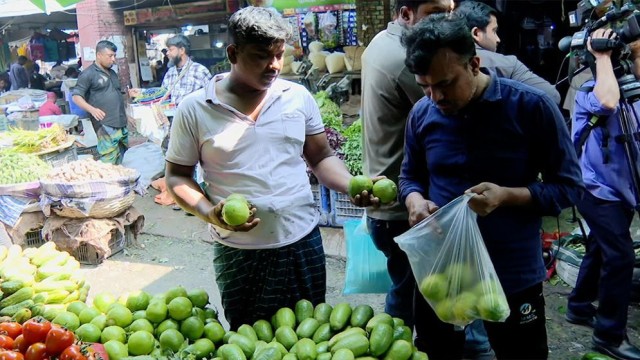
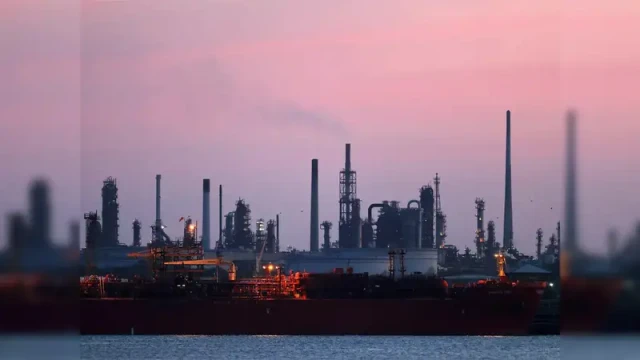
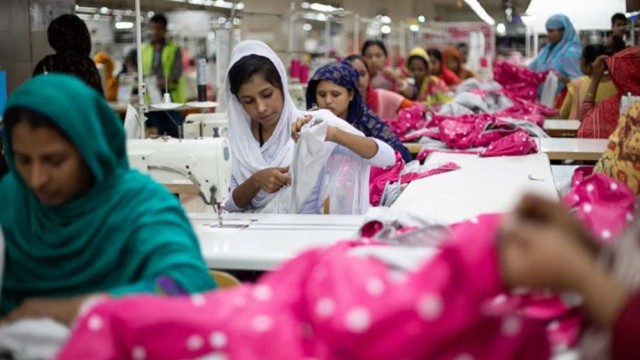
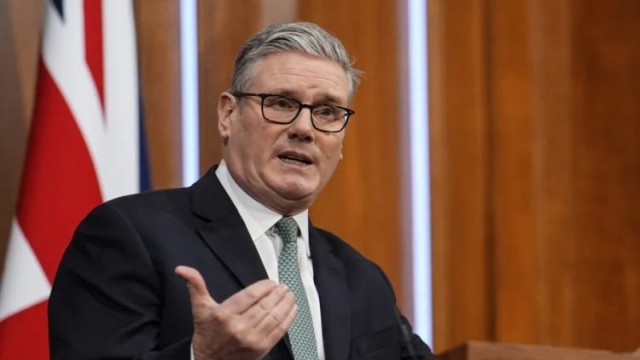
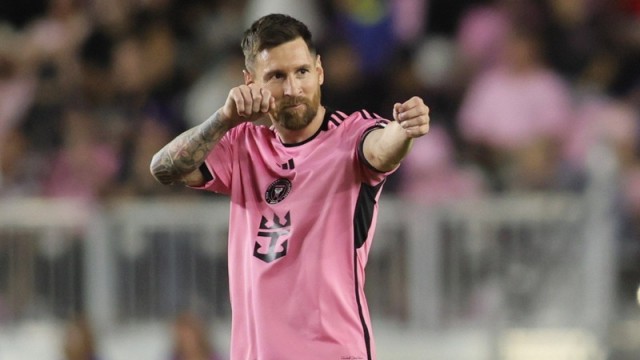
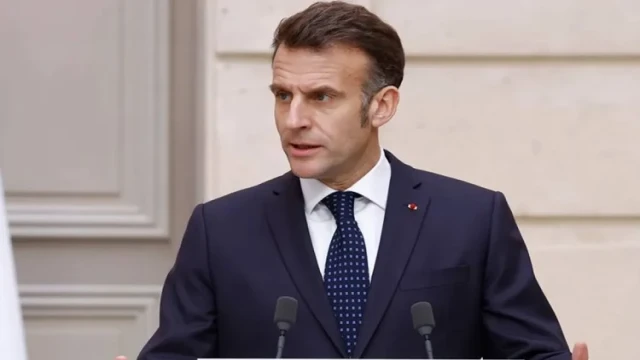

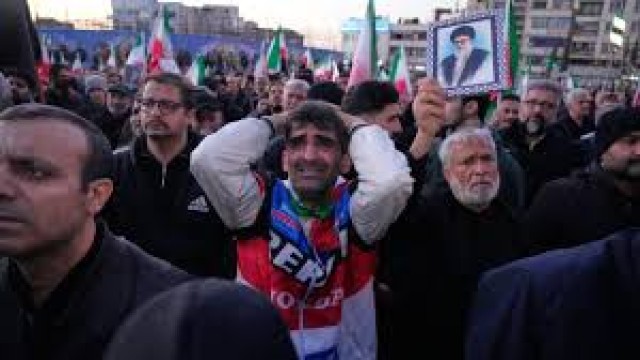
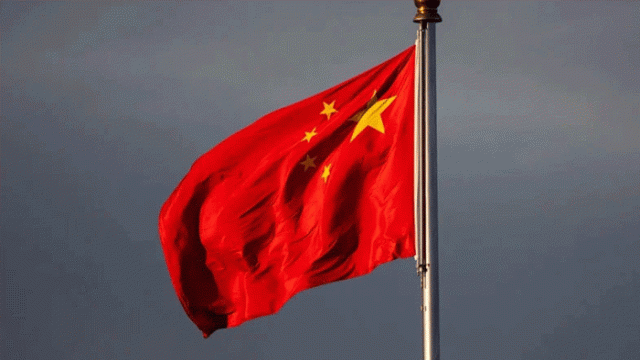

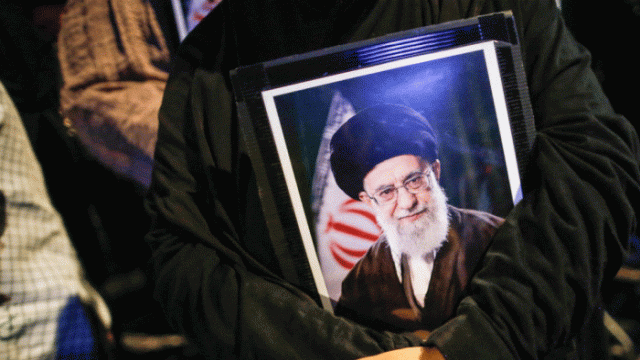









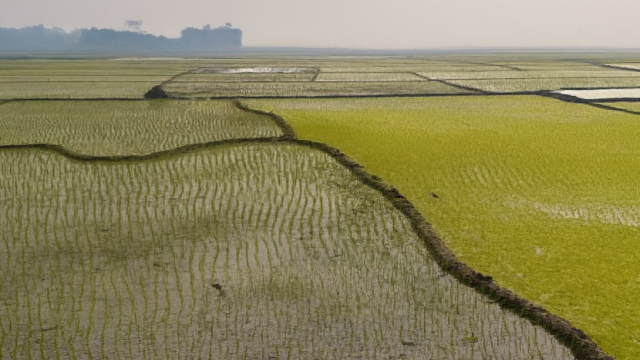


Comment: